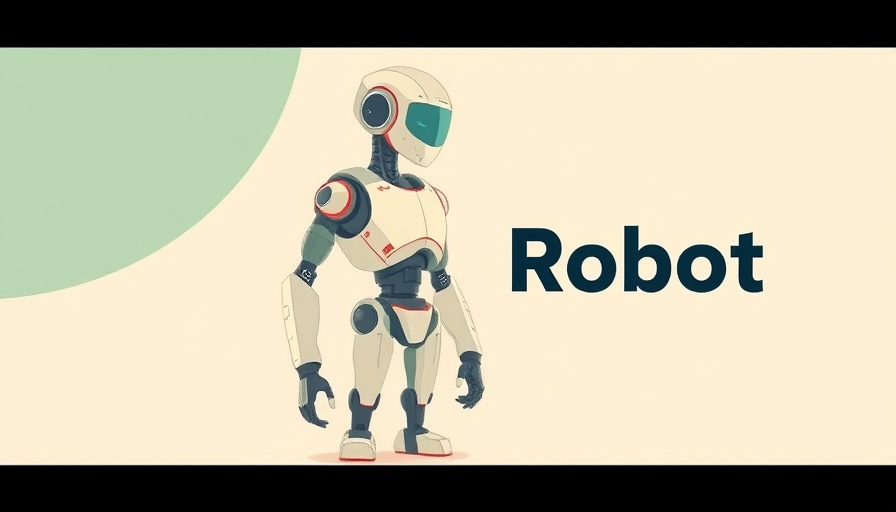
Understanding Our Discomfort with Humanoid AI
As we embrace the rapid advancements of artificial intelligence (AI), especially in the realm of humanoid robots, a palpable discomfort expresses itself in various social dialogues. This unease is rooted in deep-seated ethical questions surrounding AI’s role and influence on society. In urban centers, where policy discussions often take a forefront, these ethical dilemmas resonate louder as individuals contend with the implications of humanoid AI on jobs, social structures, and their very sense of humanity.
The Emotional Reaction to AI Companionship
Humanoid AI, designed to mimic human traits and behaviors, challenges our fundamental understanding of companionship and interaction. This technological advancement raises a critical question: what does it mean to genuinely connect with another being? For many, the prospect of robots serving as substitutes for human interactions evokes fear, leading to the 'uncanny valley' phenomenon—where we find it unsettling when machines appear almost human but fall short of producing real emotions or responses.
Potential Benefits of Embracing AI
Despite the discomfort, recognizing the potential of AI to contribute positively to society is crucial. As highlighted by various sociologists, humanoid AI can significantly aid in areas such as education and healthcare, delivering personalized support and interaction. If approached thoughtfully, advancements in AI can become tools for social good, addressing pressing issues like access to education and mental health support. Conversations must shift to how we can ethically integrate AI into our lives, maximizing its benefits while minimizing existential threats.
AI Policy and Its Impact on Society
The ongoing debate about AI is not merely technical; it is also profoundly political. Policymakers across the globe are grappling with the challenge of establishing frameworks that ensure AI's ethical use. This encompasses everything from labor laws addressing automation’s impact on jobs to regulations aimed at preventing biases within AI systems. A unified approach could cultivate an environment where technology serves to enhance rather than diminish our social fabric.
Cultural Reflections and Resilience
The embrace of AI across cultures ranges from skepticism to hopeful anticipation. Cities globally must navigate the cultural implications of these technologies, understanding that socio-economic landscapes vary widely. As AI evolves, it will undoubtedly shape social norms and behaviors. Hence, we must bring together diverse perspectives to foster a comprehensive discourse on humanity's relationship with AI. This dialogue is essential to achieve a future where AI can coexist peacefully and beneficially alongside human beings.
By engaging with these critical discussions, we can better understand and navigate the complexities posed by humanoid AI. What steps will our society take to incorporate these technologies ethically? As we ponder this, it becomes increasingly clear that the dialogue surrounding AI is just beginning—shaping policy and societal norms in the process.
 Add Row
Add Row  Add
Add 




 Add Row
Add Row  Add
Add 



Write A Comment